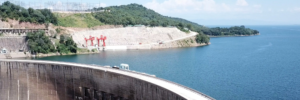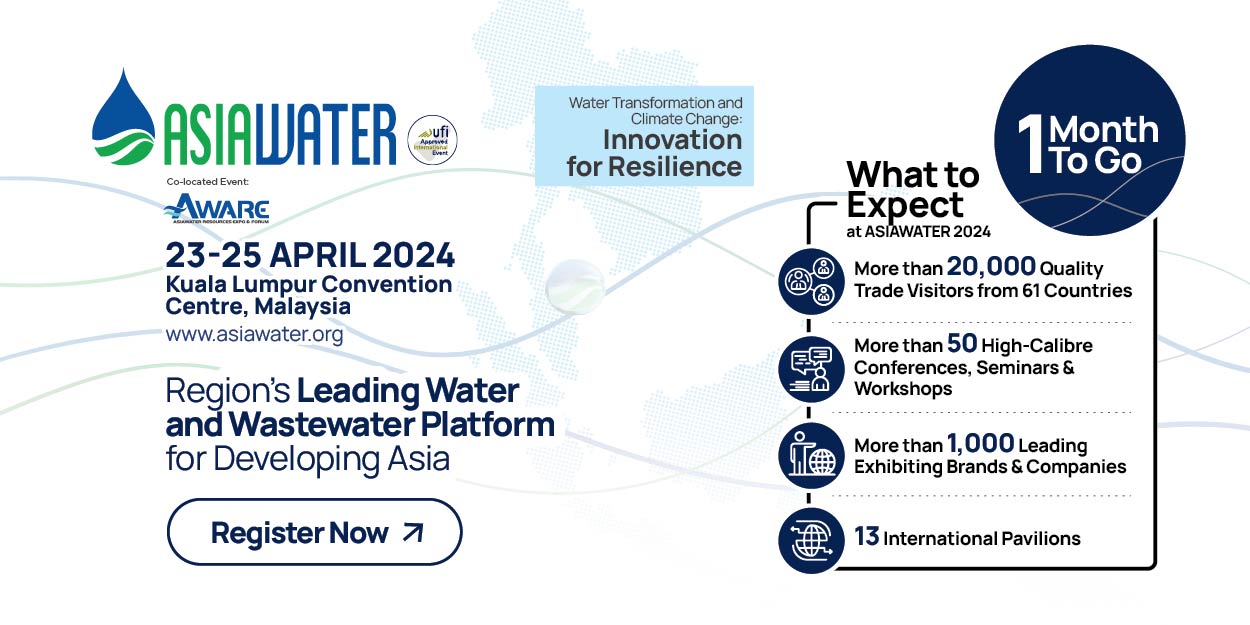Water Utilities Set the Pace in Race to Reduce Carbon Emissions
“We have an opportunity to help the water sector be the fastest to reduce its carbon emission footprint. Utilities, already on the frontlines of the effects of climate change and aging infrastructure, and passionate public servants, are the key,” said Patrick Decker, President and CEO of Xylem. “This paper and action show how leading water utility managers are delivering real progress toward net-zero goals. And these examples show how quickly and affordably they are doing it, while optimizing their overall operations. The technology exists to address these challenges, and the time to make a difference is now.”
Water infrastructure accounts for approximately 2% of global GHG emissions – the same as the global shipping industry. Net Zero: The Race We All Win, which is available to download, highlights pragmatic approaches and proven technologies that can reduce water utility emissions to net zero. The methods used by pace-setting utilities include:
- Create a smart net-zero strategy – realistic, measurable targets towards emissions-reduction goals
- Optimize energy and resources across a network – cost-neutral strategies to reduce emissions while ensuring process stability
- Embed net-zero goals in capital planning – net-zero criteria that fold into existing processes and the flow of day-to-day decision-making
- Move from treatment to resource recovery – from wastewater as a by-product to be managed to a resource
Among the success stories highlighted in the paper is the City of South Bend, Indiana. The city used technology to reduce combined sewer overflow volume by more than 70 percent. This prevented needless construction of new grey infrastructure and eliminated the associated embedded carbon. The city improved system performance and capacity utilization, and delivered environmental gains 10 to 15 years ahead of schedule.
“While the headline figure of our work was that the city has saved approximately $500 million in capital work savings, the impact on our carbon footprint should not be overlooked. By avoiding a large construction project and prolonging the life or our infrastructure through smart technology, we have made a major impact in reducing our carbon footprint,” said Kieran Fahey, Director, Long-Term Control Plan at the Department of Public Works, City of South Bend.
In another example, EWE WASSER GmbH (EWE) in Cuxhaven, one of Germany’s largest wastewater companies, reduced energy use by 30 percent in part of its operations. Its plant has the capacity to treat wastewater for 400,000 people, and the reductions saved 1.1 million kWh annually, enough energy to power 275 homes for one year, while ensuring high water quality.
Xylem executives will be leading decarbonization conversations at WEFTEC 2022 and European Energy Efficiency Day this week, and at the COP27 climate change conference in Egypt next month.
Xylem was named “Net Zero Carbon Champion” at the 2022 Global Water Awards. This award recognized the Company’s work to accelerate the decarbonization of the water sector and its pledge to partner with utilities, businesses, and water managers around the world to help reduce their carbon footprint. It also acknowledged the Company’s commitments in sustainability: in the last two years the Company has already reduced the CO2 footprint of its water customers by over 1 million metric tons.
Source: Xylem Inc.







